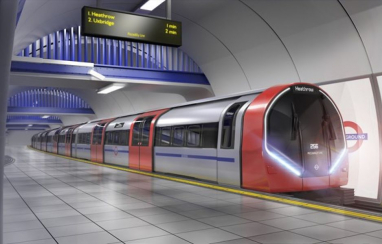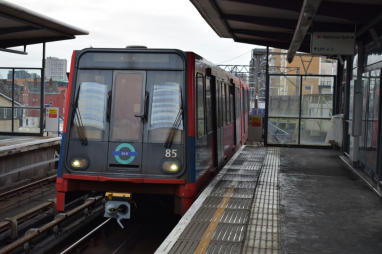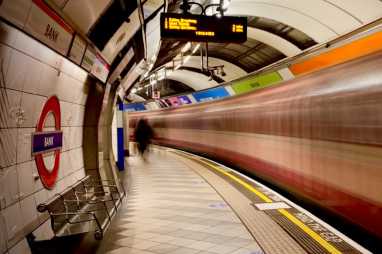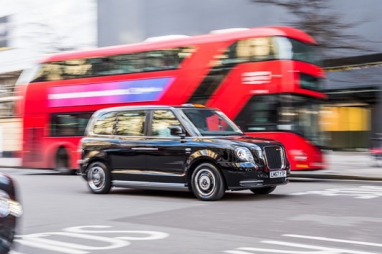- nike air jordan 1 factory outlet
- Chaussures, sacs et vêtements
- Nike LeBron Zoom Soldier VII (7) 'Deep Royal Blue' , Nike va t-il rééditer toutes les Air Force 1 B , IetpShops
- adidas adi ease amazon prime phone
- Жіночі легкі білі з чорним кросівки neonata adidas iniki 🆕 адідас інікі — ціна 1699 грн у каталозі Кросівки ✓ Купити жіночі речі за доступною ціною на Шафі , Україна #110935388 , neonata adidas primeknit cleats green and purple color
- Air Jordan 1 University Blue 555088 134 Release Date Price 4
- kids air jordan
- air jordan 1 retro high og university blue 555088 134
- Air Jordan 1 Mid Bred 554724 074 2020 Release Date 4
- eastbay restock large amount air jordans
- Home
- News and analysis
- Info hubs
- Events
- Video
- Case Studies
- About us
- Magazine
- Advertising
Produced for the industry by the Association for Consultancy and Engineering
News
Bombardier seeking response from TfL after losing out on £1.5bn Piccadilly Line work

Bombardier’s boss has revealed the major transport company is seeking clarification from Transport for London (TfL) on reasons why the firm’s joint venture bid for a £1.5bn contract to design and build new Piccadilly Line trains was unsuccessful.
The company’s joint venture bid with Japanese manufacturer Hitachi Rail had been one of the frontrunners along with French organisation Alstrom to build 94 new trains set to run on the Piccadilly Line. But instead, Siemens Mobility was chosen as the successful bidder as part of TfL’s Deep Tube Upgrade programme.
The investment will mean the replacement of the entire 1970s Piccadilly line fleet and combined with a signalling upgrade, the peak period capacity on the busiest central sections of the line will increase by more than half by the end of the 2020s, according to London’s transport body.
While the deal is for 94 trains, TfL says the contract will be awarded on the expectation of a single manufacturer building the trains for all four Deep Tube lines which include the Bakerloo, Central and Waterloo & City Lines, meaning unsuccessful should also miss out on follow-up contracts.
Richard Hunter, UK chairman and managing director at Bombardier Transportation, has spoken out on the decision to say the firm is “very disappointed” but it is not yet clear whether the decision will be challenged. The contract award is currently subject to a statutory 10-day standstill period in which companies can attempt to contest the decision made by TfL bosses.
Commenting on the award, Hunter said: “We are seeking formal feedback from Transport for London on the reasons why we have not been selected. Together with our partner on this project, Hitachi Rail, we believe we submitted a competitive bid - on technology, strength of product, deliverability and cost. Our Derby facility will be busy with orders to at least the early 2020s and we are focused on delivering those orders - and on winning new work to continue our proud tradition of UK train design and manufacturing. We cannot comment further on our bid until we have been able to re-evaluate our performance in light of feedback from Transport for London.”
When announcing the decision last week, transport bosses defended the Siemens selection by saying it was awarded the contract following a “comprehensive and strict procurement process which evaluated key criteria focused on deliverability, technical expertise and value for money”.
The additional trains and improved signalling are expected to enable up to 27 trains-per-hour to operate at peak times by the end of 2026 - meaning a train every 135 seconds at the busiest times.





